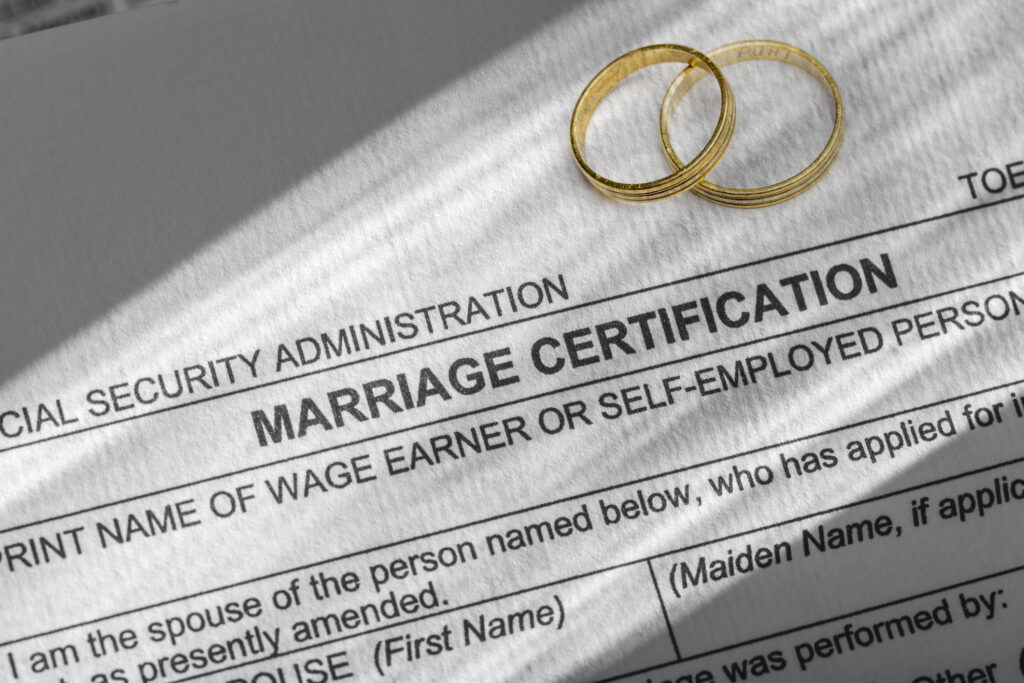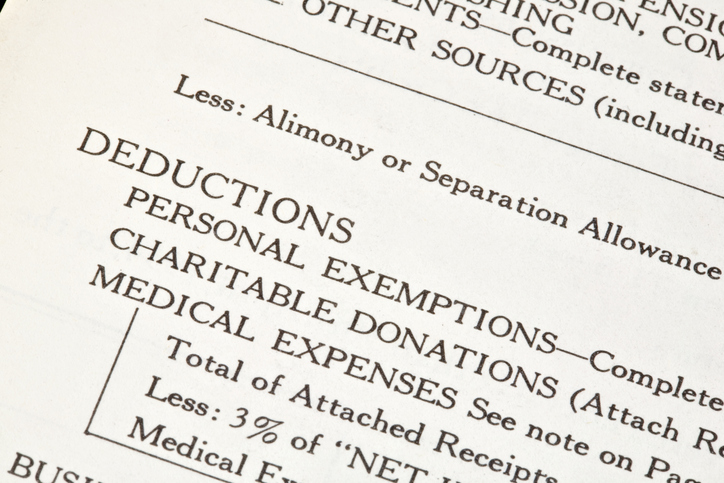
There are three categories of Divorce in Pennsylvania
1. mutual consent,
2. un-consented, and
3. fault-based.
Pennsylvania state requirements
Mutual Consent: The person initiating the Divorce (Plaintiff) needs to tell the Court that the reason for Divorce by mutual consent is that the marriage is irretrievably broken. If both spouses agree that the marriage cannot be saved, then each party needs to file a sworn statement stating the marriage is irretrievably broken, and each wants a divorce and ask the Court to grant it. There is a 90-day waiting period after the complaint is filed.
Unconsented Divorce: If one spouse does not agree, then the Plaintiff needs to show that the couple has been living separately and apart for at least one year AND that the marriage is irretrievably broken. In such a case, the Plaintiff may have to wait one year and live separately before filing for Divorce.
NOTE: A couple can be considered living separately and apart even if they still live in the same home as long as they live separate lives and have little to do with each other.
Fault Divorce: If the couples have not been separated for one year and one spouse refuses to agree to Divorce, then the Plaintiff would either wait one year or prove “fault’ as reasons for Divorce, such as:
1. Desertion for a year or more,
2. Bigamy or adultery,
3. a jail sentence of two years or more,
4. any continuing conduct which makes the Plaintiff’s life unbearable) or cruel treatment, which is a danger to the Plaintiff’s life or health.
5. The defendant has been in a mental institution for a serious mental problem for at least 18 months before the Divorce was initiated and will probably remain in the institution for at least 18 months after the divorce initiation.
If you want to initiate a divorce, then you can contact Shintia Z. Riva, Esquire by calling the Law Offices of Spadea & Associates, LLC at 610-521-0604. You should bring the following documents:
1. Original marriage certificate.
2. Chronological Timeline of the marriage outlining the reasons leading to the Divorce.
3. The current address of both parties.
4. Evidence of fault, if any, such as text messages, pictures and emails.















